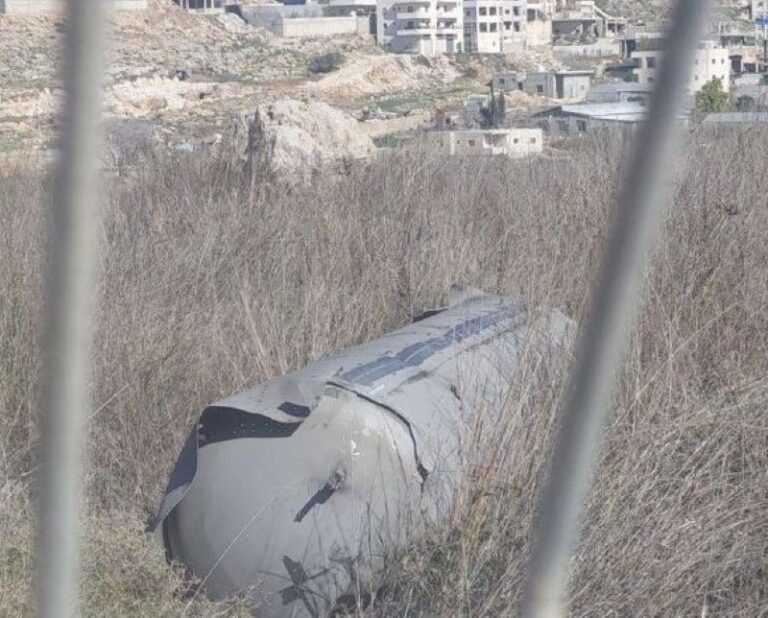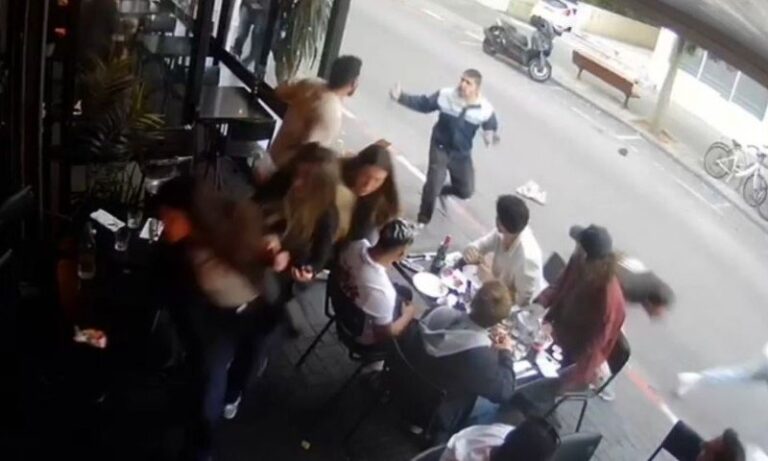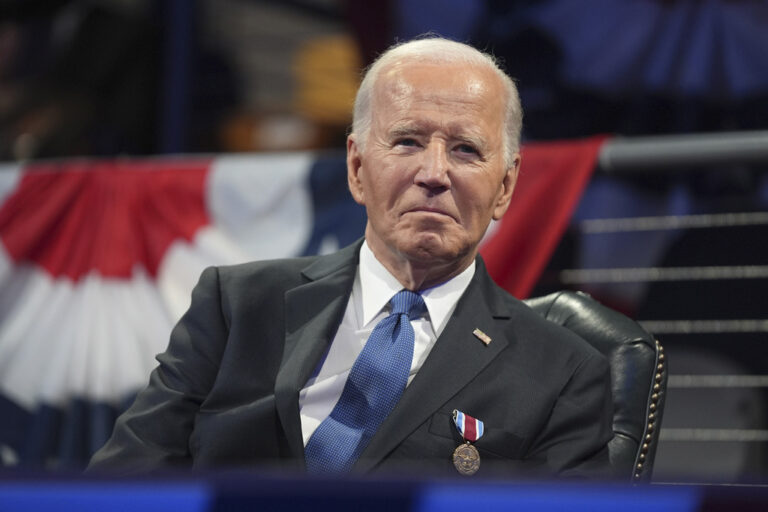 Aaron Aberman, founder of Lev Malka, last week visited with HaGaon HaRav Nissim Karelitz Shlita, seeking a bracha for the work of his organization, which assists so many victims of terminal illness.
Aaron Aberman, founder of Lev Malka, last week visited with HaGaon HaRav Nissim Karelitz Shlita, seeking a bracha for the work of his organization, which assists so many victims of terminal illness.
While visiting with the Torah luminary, Aberman asked a question pertaining to a request he received from a family. He was asked if he can assure parents of a dying child that volunteers would be at the youth’s bedside to recite Shema as the neshama departs from this world. Mr. Aberman assured the parents this would be done, explaining how to notify the appropriate person when the time comes.
It was then clarified for Aberman that the parents wish to disconnect the child from life support due to the severity of the situation and the great pain he was enduring, asking that they recite Shema before this is done.
Rav Karelitz is quoted as telling Aberman that they may not recite Shema with the young patient in this case because doing so would be facilitating his death by other than natural means.
(YWN – Israel Desk, Jerusalem)











2 Responses
“may not recite Shema with the young patient in this case because doing so would be facilitating his death by other than natural means.” In the above sentence, the words “doing so” refer to ‘reciting Shema,’ not to ‘disconnecting the child from life support.’ I am certain that HaGaon HaRav Nissim Karelitz, Shlita, did not mean to say that reciting shema would be facilitating his death… as is understood from the paragraph. In order to avoid mis-‘quoting’ and interpretation issues, please be careful with sentence structure so as to avoid what could result in mis-understandings.
#1, that is exactly what it means. Saying krias shma would be participating in his death, because after you’re done they’re going to disconnect him; that’s why the Rov ruled that one should refuse to take part in this affair.